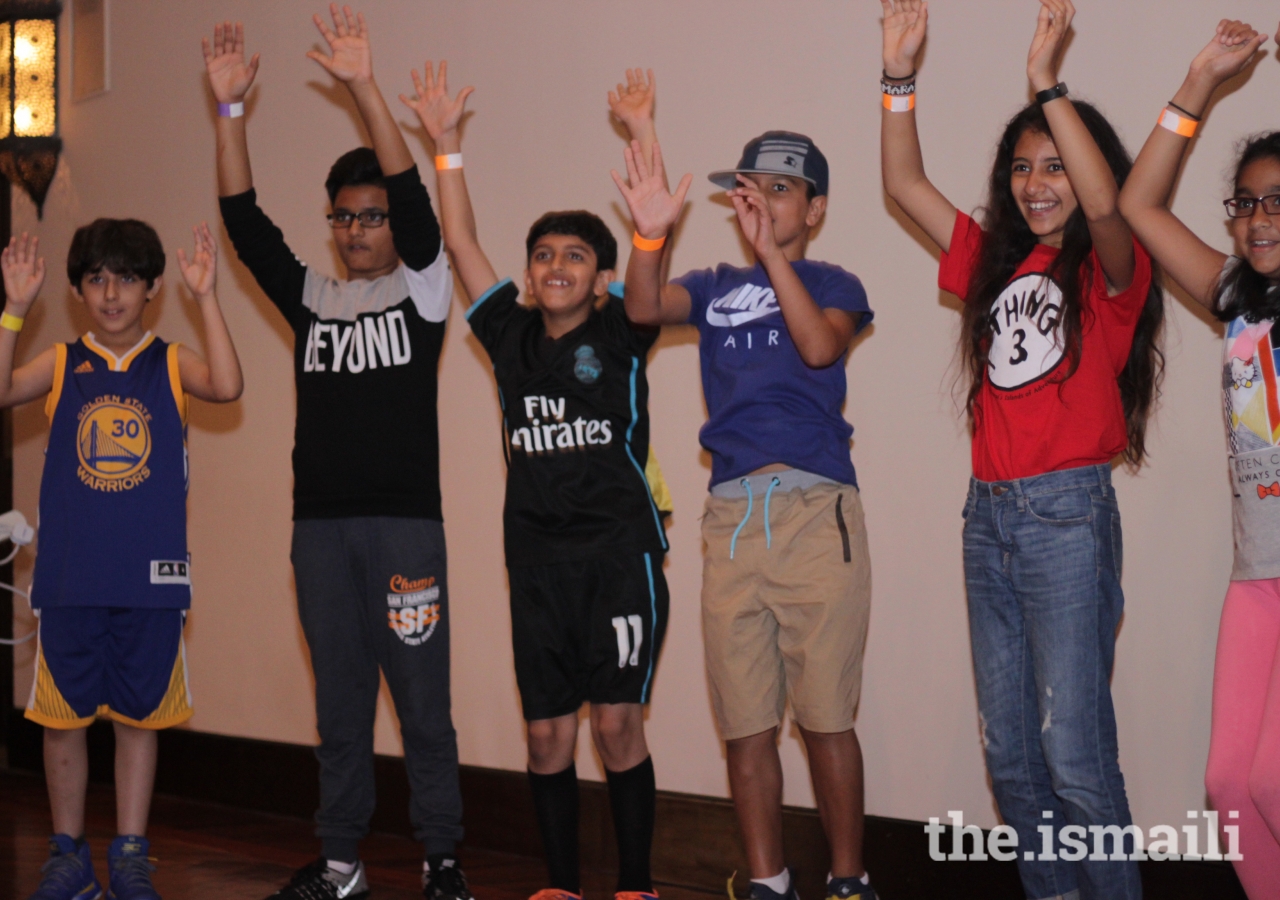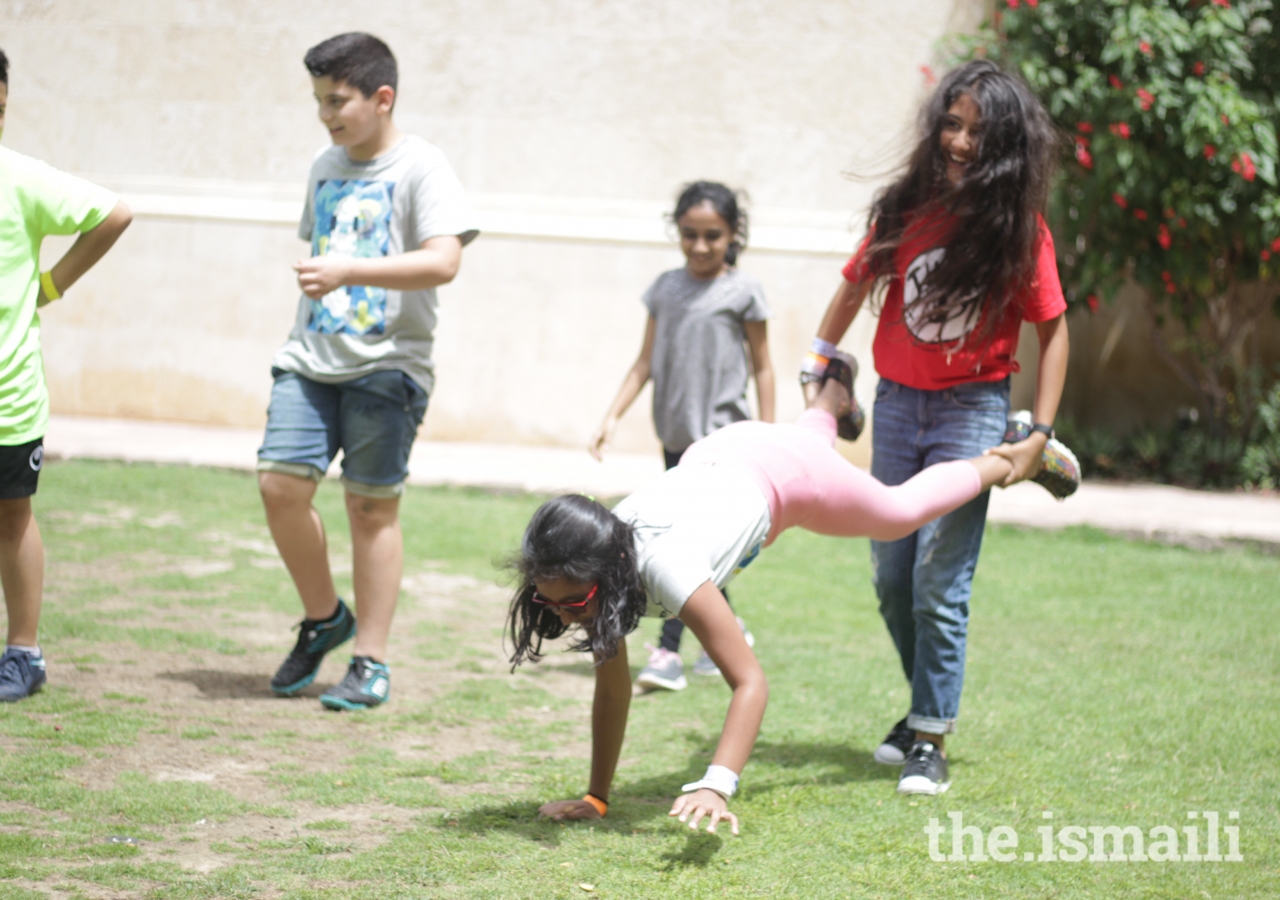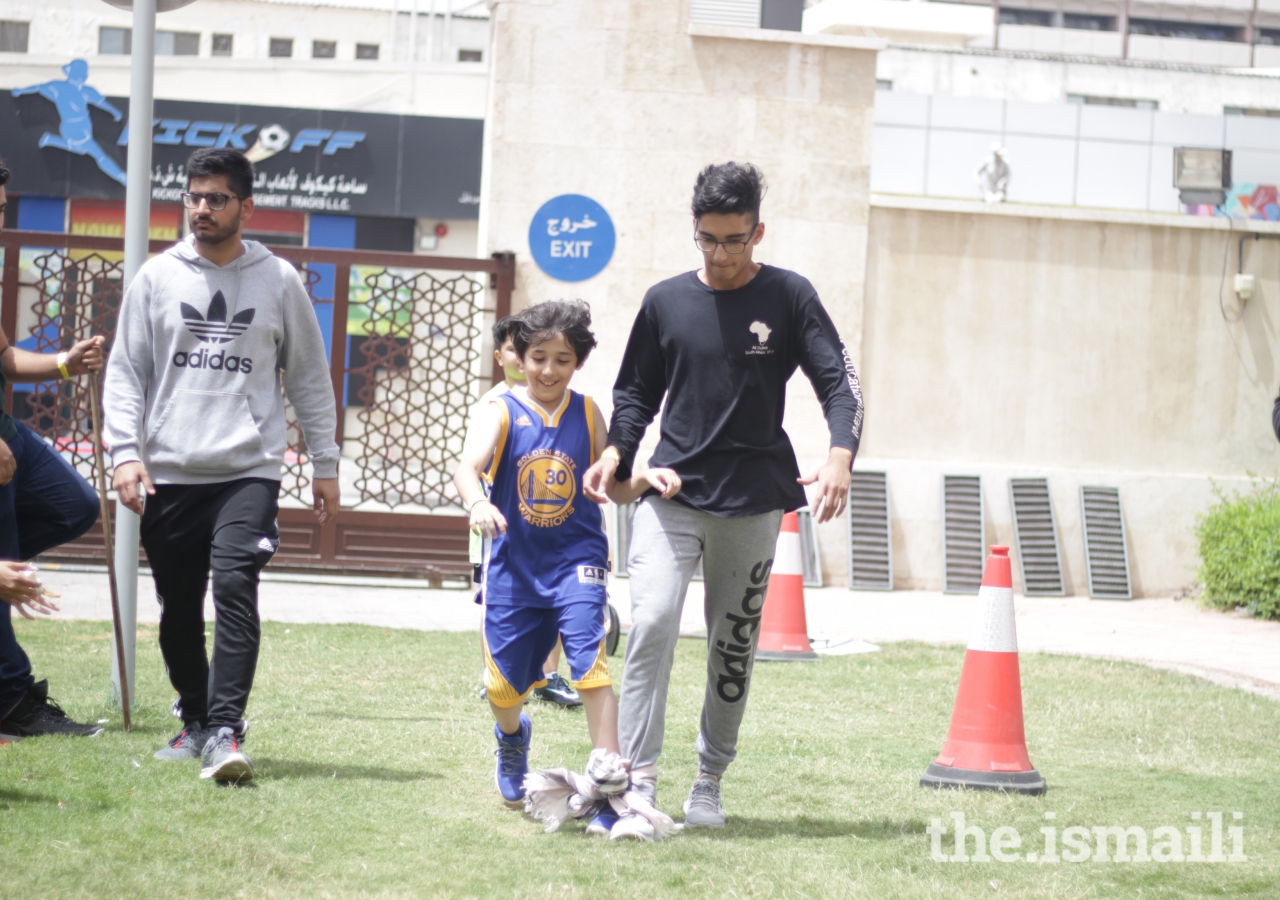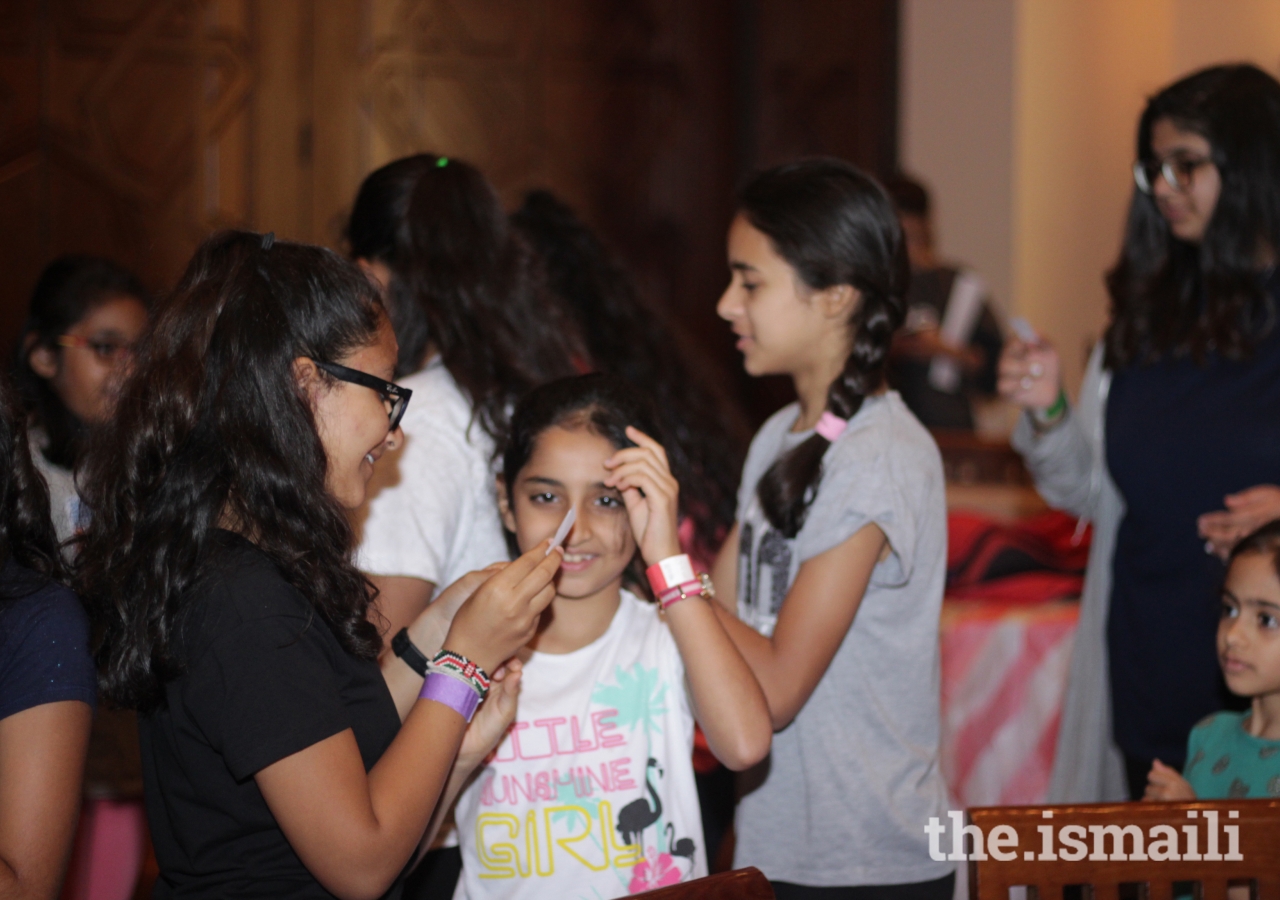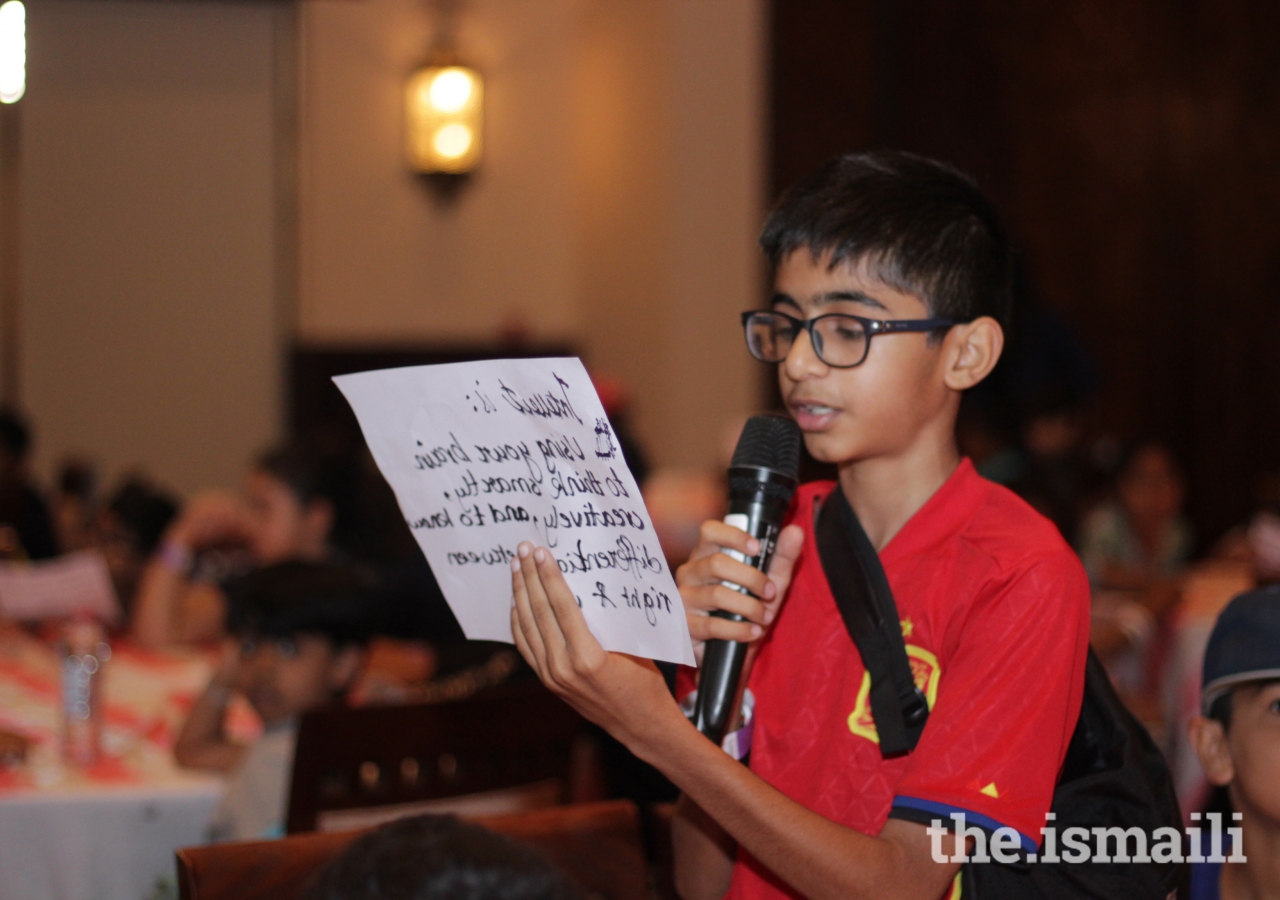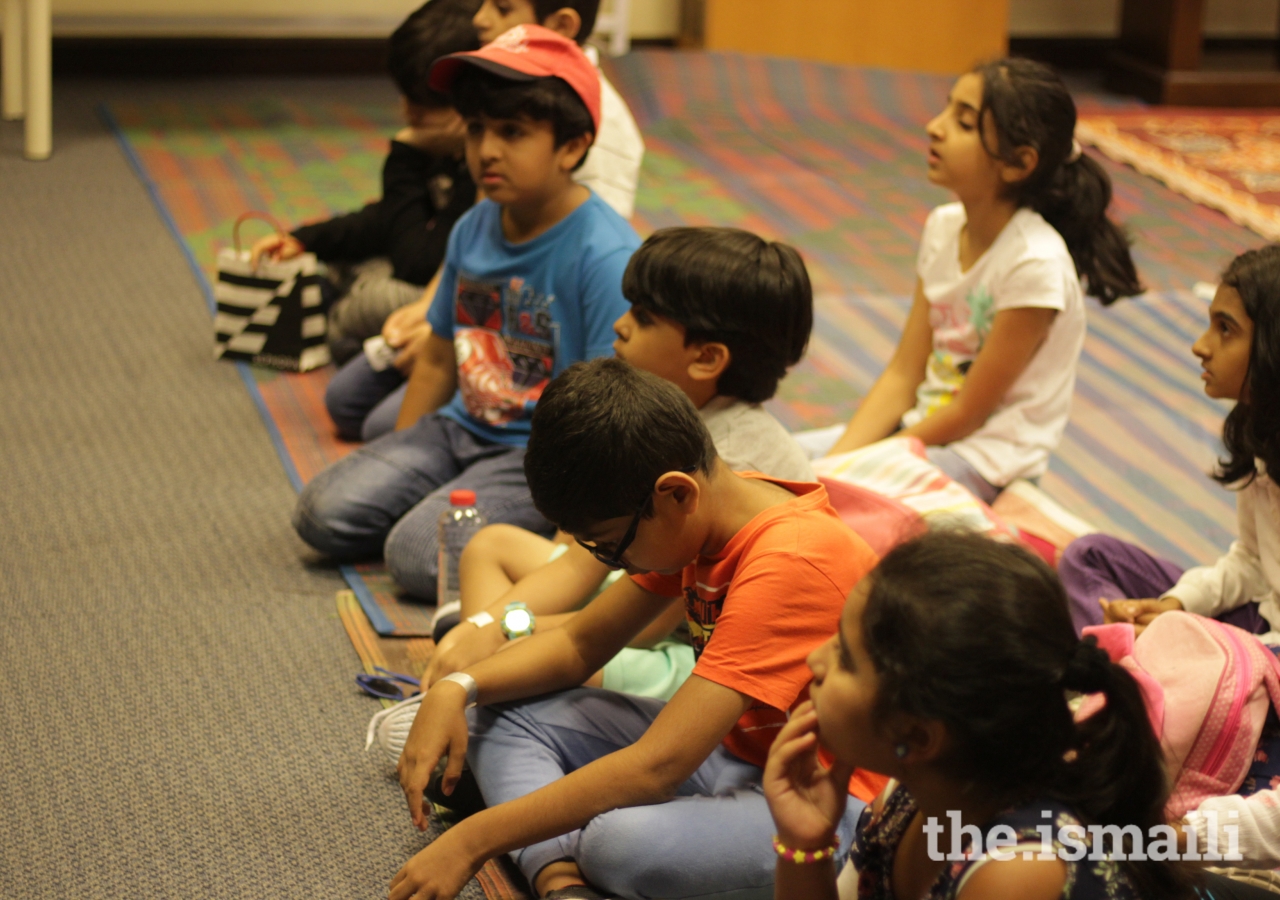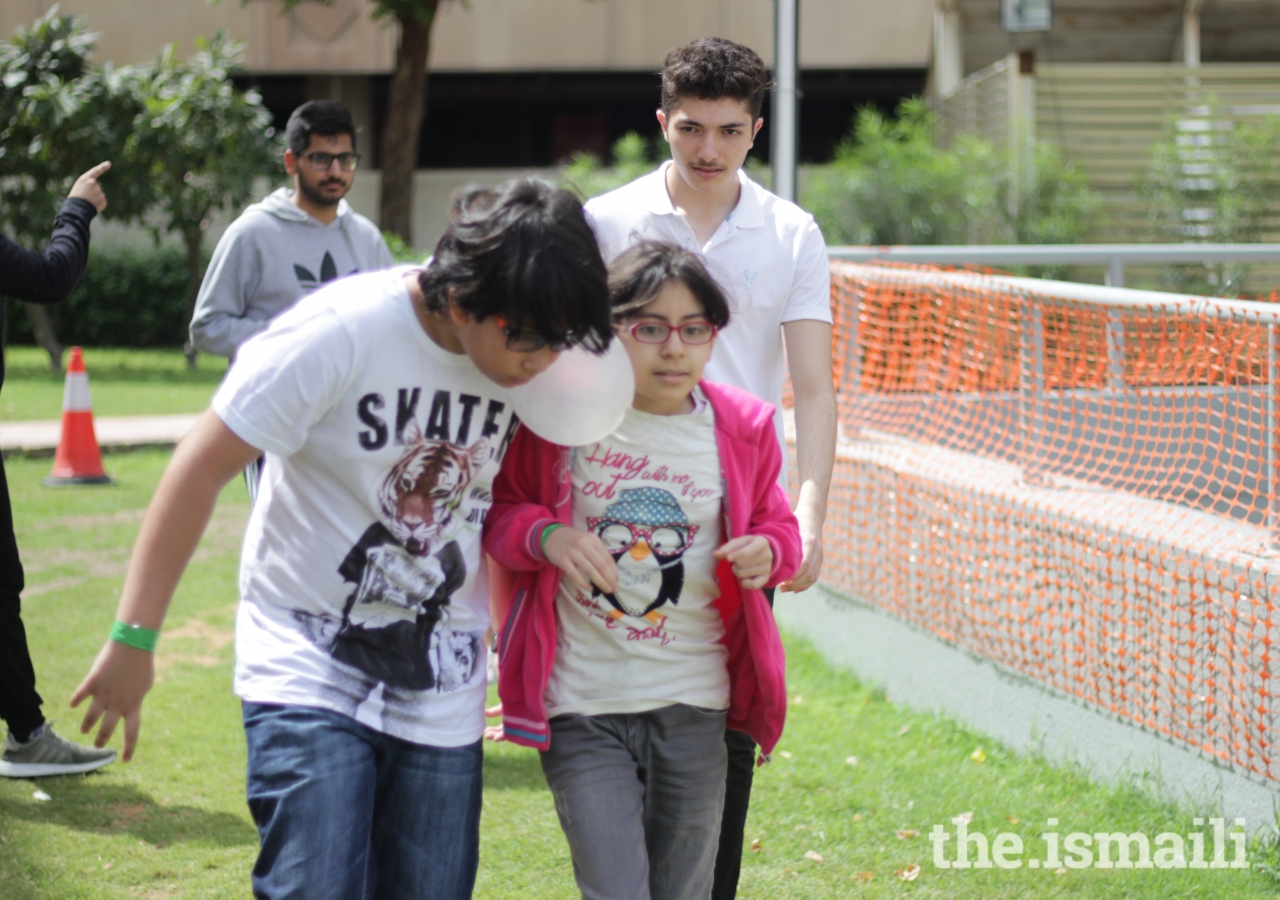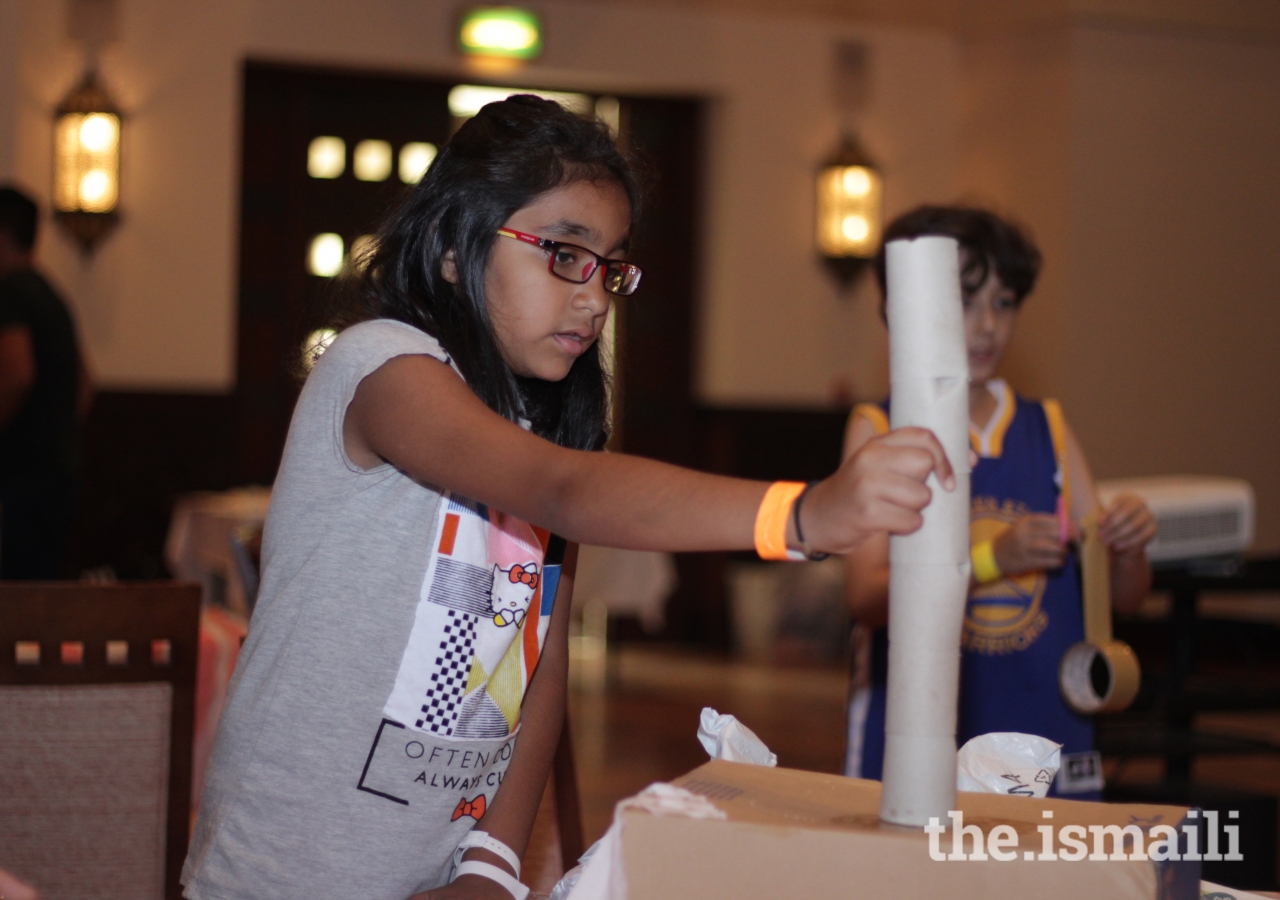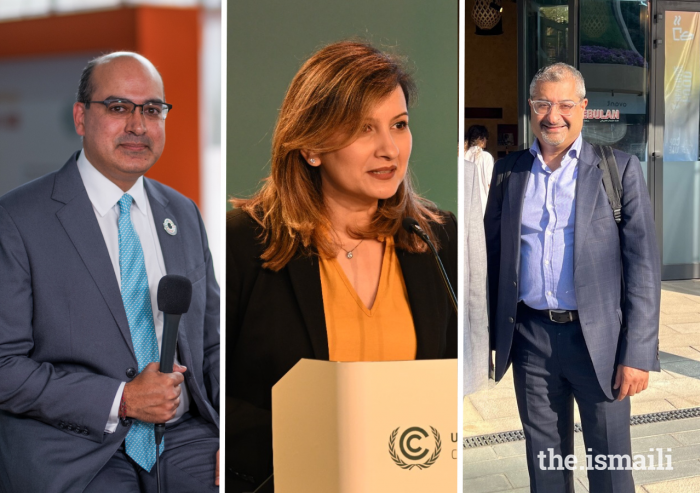Younger members of the UAE Jamat, aged between 8 and 12 gathered at the Ismaili Centre Dubai to attend a day long programme entitled "Roots" under the auspices of the Ismaili Council for the UAE. The day involved a range of indoor and outdoor activities from sports to gift making. Young jamati members were able to learn about and further develop their skills including public speaking and interpersonal engagement in a series of workshops run throughout the day.
One particular session was focused on social conscience, a fundamental aspect of Ismaili Muslim values. The session was run by locally based young thinker and entrepreneur Zainub Jenna Bata, who led the public speaking seminar, and Zahra Mohamed who led the social conscience session.
Principally the notion of the social conscience is the responsibility to help others. Woven into the fabric of social conscience are the principles of human responsibility and character, which include philanthropy, intellect, kindness, respect, and positive thinking.
"Islam is all encompassing in the direction which it gives to man's life. Islam, therefore, guides man not only in his spiritual relationship with God, it also guides man in his relationship with his fellow men and his relationship with the material world around him. It encourages enterprise, but warns that enterprise, without a social conscience, is not acceptable. It is in this respect, where Islam's message applies to all aspects of man's life, that he will be judged not just on what he does but the manner in which he does it."
Mawlana Hazar Imam, Foundation Ceremony of Ismaili Centre, Burnaby, Vancouver, 26 July 1982
Mawlana Hazar Imam, through the work of his jamati institutions and the Aga Khan Development Network (AKDN), promotes and indeed embodies social conscience with his endeavours of improving quality of life. Furthermore, he leads and guides the jamat to embody social conscience by offering their time, knowledge and resources.
In particular, participants explored the AKDN, a non-denominational set of development agencies established by Mawlana Hazar Imam, that aim to improve living conditions and opportunities for people regardless of their religion, race, ethnicity or gender. The work of the AKDN is underpinned by the ethical principles of Islam, particularly pluralism, tolerance and assistance to those less fortunate, fostering self-reliance and respect for human dignity. Its focus is on the poorer areas of the developing world, mainly in Asia and Africa, but it is also present in other parts of the world, where a need has been identified
The revelation, as well as speeches of Mawlana Hazar Imam (such as the one referenced above) make many references to social conscience and its importance in Muslim ethics and values. Restoring and sustaining human dignity are a central theme. It is a shared ethic among all Muslims to care for each other and help those that are less fortunate.
At the Roots session, social conscience was examined through multiple lenses including civilisations and other examples from popular culture, such as Spiderman’s challenge to balance power and responsibility. The participants also designed "Products of Humanity" that they could offer as part of their social conscience.
Roots workshops take place twice a year and are available to members of the Jamat aged 8-12 years old.

